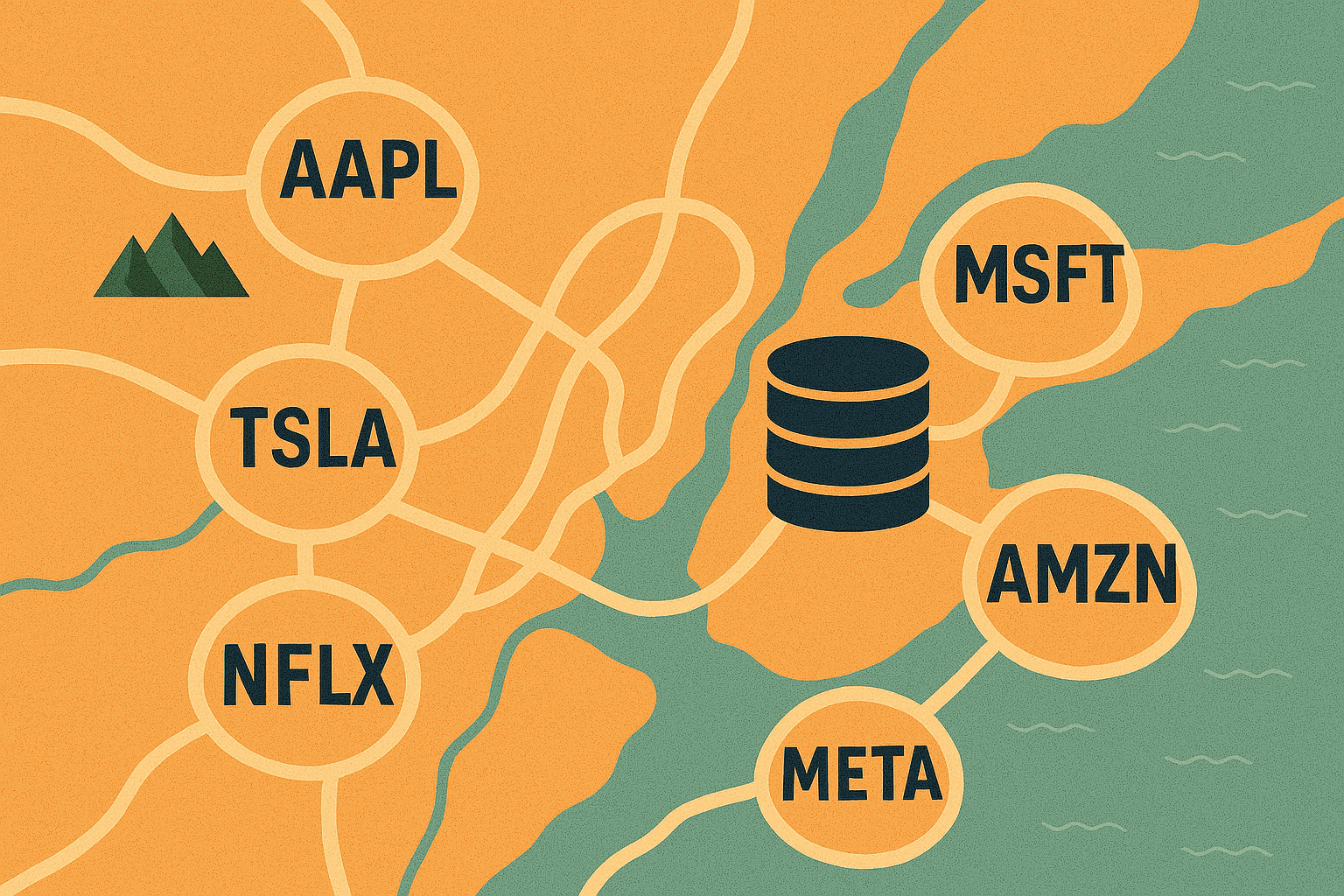This blog is based on a webcast hosted in partnership with CAIA Association, where Eagle Alpha spoke alongside strategic partners onefourzero about using alternative data for deal origination and due diligence.
The Alternative Data Landscape for Private Equity
If we take a look at the main themes that have stood out across the entire global landscape, it is difficult to deny that Covid-19 has been the overarching theme from the past year. Looking beyond this there are a number of themes that apply to private equity companies who are interested in alternative data.
- Increased Interest in Alt Data – there has been a 5x increase in private equity attendees at Eagle Alpha’s conferences from both senior executives and data science roles.
- Efficiency Focus – Since the data is needed yesterday for PE firms, the focus is on accessing the data, reviewing it quickly and implementing it into the process.
- Data as an asset – PE firm Blackstone brought a spotlight to the idea that “Your data may be worth more than your company” and how they were looking to monetize the data of their portfolio companies. Corporates and PE firms are now more aware of this and wanting to tap into this revenue stream.
- Vendor innovation – Data vendors have been used to working with asset managers, but are now are tailoring their data to suit PE and corporates as well as creating technology and dashboards to improve the overall buyer’s experience.
- ESG Explosion – PE firms are becoming more aware that positive ESG activities can lead to the successful long-term success of companies.
- Regulatory Scrutiny – Legal and compliance teams are busier than ever with the ever-evolving regulations surround data. Pertinent regulatory buzzwords include personally identifiable information (PII), data governance, user consent, data over-collection, and data privacy.
Data Supply Growth – Growth of data supply accelerated from 35% in 2019 to 45% in 2020 with the fastest-growing categories being consumer transaction data, expert views, and ESG. Private Equity companies looking to monetize their portfolio companies’ data have had an effect on this growth.
Data Demand Growth – Even though growth in alt data spend reached $1.71 billion in 2020, for many firms alternative data is in its infancy with 55% of funds not using alternative data according to BofA Global Funds Survey 2020.
Similar to fundamental funds, private equity datasets on average are being priced around 33k per dataset according to an Eagle Alpha study. As mentioned previously, data vendors are being more flexible to buyers that might not want to subscribe to an annual license.
[To learn more about alternative data trends and themes for private equity, asset managers and corporates click here to request a copy of our most recent report.]
Alternative Data Use Cases for Private Equity
Dominant applications of alternative data for private equity firms include new opportunities, risk mitigation, and peer comparison at a portfolio company level. Originally interest in alternative data began when companies wanted additional information around digital market spend comparisons and also reputation and social media review comparisons. Nowadays, private equity companies want to know more about market size, share and growth opportunities in new verticals, go-to-market strategies for international and local markets, Covid-19 upticks, overarching questions around digital migration, and digital transformation.
Alternative data can provide unique insights around market analysis, deal origination, pre-due diligence opportunity and the qualification/disqualification process, and commercial due diligence. Some of the most popular data categories for private equity we are seeing include event detection (is it the right time to engage?), B2B, Employment (job postings & LinkedIn), Consumer transaction, sentiment (consumer and employee), web crawled data (competitive intelligence).
Private equity deal sourcing teams are using a lot of internal data sources such as CRMs and management info data. This might include location, industry, revenue, EBITDA, number of customers. However, the true value add comes when combining this internal data with external data sources allowing private equity firms to sort, filter, analyze and discover new investment targets or the correct time to speak with them.
Some real-world examples:
- Tracking employment growth through job postings data or LinkedIn data can provide information on overall employee growth, titles that are being hired, expanding sales teams (revenue growth indication), hiring for new departments like data science.
- Using Google search trends to track the interest in products, services, and brands you can analyze the volume of search terms by state, understand brand and category perception, and rollout of interest on a state by state level.
- For B2B, there are datasets that use billions of publicly available data points that show what types of technology companies are using. This can provide insights into which technologies are growing and how they stack up against competitors.
According to Fleur Hicks, CEO of onefourzero, alternative data can also provide additional information into market demand, market capture effectiveness, customer engagement and retention, audience, cohorts and NPS, and pricing and conversion. The data can be integrated throughout the full PE lifecycle, from the transaction through value enhancement to sale.
Cultural Challenges in Private Equity Alternative Data Adoption
Private equity has been very successful using current processes and diligence activities for so long, so many professionals believe that it will be difficult to transition from an already working system. For this to work the project would need buy-in from both a senior sponsor as well as a junior executive on the ground who understands the benefits of alt data that might not be tangible benefits – i.e. efficiency gains rather than searching through LinkedIn for employment stats, additional perspective, competitive edge)
Many firms are making a move to data-driven decision making, and so if private equity firms wait too long to adopt this mentality they will be left behind.
ESG Data and Private Equity
Private equity companies are becoming much more conscious around ESG as described in alternative data themes we have seen.
- Environmental (E) data around climate change, air/water pollution, and deforestation issues satellite and weather data, while waste management and energy efficiency issues can be seen through satellite data, trade data, event detection data
- Social (S) Data that looks at customer satisfaction, gender diversity, human rights, and labor standards is shown in employment data, employee reviews (Glassdoor), customer/employee sentiment, and social media data.
- Governance (G) topics around board composition and executive compensation can be assessed throughout employment data, public filings, web crawled data, sentiment data, and expert views.
Final Thoughts Around Data Ethics
Legal and compliance teams are growing across firms especially hiring for expertise in the realm of data, especially for private equity companies that want to use data from their portfolio companies. If PE companies are using personal data or web crawled data the advice is to exercise caution and take into consideration GDPR/CCPA. Legal and compliance teams are important for this process, or even an ethics committee if possible to run through following any legal screening. For any outsourced data providers, it can be assumed that the data is legally compliant.
The lines are becoming blurred between traditional data and alternative data, and companies will eventually be using both interchangeably under the term “data”. Information really is a competitive advantage.
[If you would like to learn more about any of the data sources mentioned or how Eagle Alpha is helping clients in the current environment then please contact us at inquiries@eaglealpha.com]





